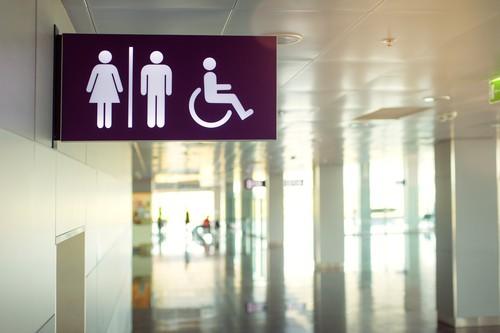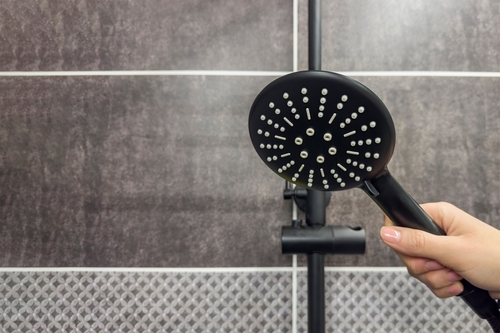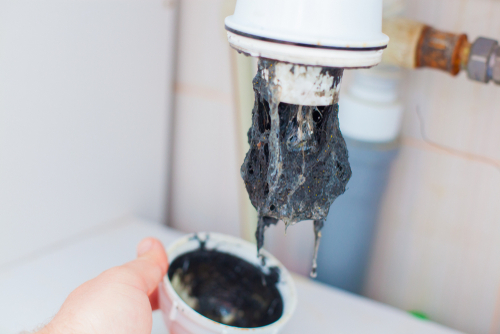
What Are The Most Common Toilet Plumbing Problem?
November 10, 2019
How To Prevent Aedes Mosquitoes
November 10, 2019How To Prevent Water Damage In Office

It is an undeniable fact that water is an important component of life without which man cannot survive. However, as many unlucky businessmen can attest, when water is in the wrong place at the wrong time, damage is bound to happen. The office is that place that harbors all business equipment and also has space for the employees to carry out their duties. You might, therefore, want to put measures in place to ensure that you safeguard the office and prevent any water damage to your work premises.
In most cases, water damage to the office does not occur when it rains for days. In fact, plumbing issues could arise on a perfectly sunny day. Regardless of whether it is the air conditioning machine leaking or an overflowing toilet, the damage to your office could be costly and devastating. Do not let these leaks keep you from carrying out your routine office duties. Check out the tips below on how to prevent water damage in the office.
Keep the vegetation and trees in check
Thriving vegetation, flowers, and shrubs are an excellent aesthetic addition to the appearance of your office. However, you need to keep their growth in check at all times. If they grow wildly and wrap up around your pipes, they will end up breaking the pipes. Where possible, keep these plants away from utilities such as pipes so as to prevent damage. Pipe damage could also occur during the maintenance of these plants. Get rid of those plants that have overgrown or become too big.
Clean the gutters
Dirt and other debris accumulate in the gutters over a period of time. It is highly recommended that you either clean them yourself or hire a professional service to get the job done for you at least twice a year. Stagnant water will eventually cause damage to the gutter and the entire roof system. Similarly, an overflow in the gutters could create puddles that could potentially destroy the foundation of your office. Downspouts are equally important, and you should not only clean them, but also secure them so that they direct water away from your home.
Know the location of the main valve
The main valve is the point of control where all incoming flow passes through. Conventionally, it is located in the lower-most part of the building where your supply pipe branches off the main pipe. You need to find this valve and label it, clearly pointing its location and how to shut or open it. Additionally, you need to teach your employees how to operate all the valves, and not just the main valve. Most offices close for the night after business hours. During this time, the main valve should be shut. Make it a routine that the last person to leave the building should ensure that the valve has been closed. This action will save you thousands of dollars in the long run.
Check appliances
Appliances that you use in the office could be the culprit that could cause water damage. Water dispensers, for instance, should be in good working condition and be placed on a flat surface. Those offices that have cooling machines should ensure that the outlet that directs water out of the system is pointed to the right place. If not, water dripping from the cooling appliances could damage the walls. Do not underestimate the power of drips of water. You will be surprised to find after the weekend that the office is a puddle of water caused by tiny drops. To ensure that your office is not susceptible to water damage by equipment, read the manufacturers’ manual and ensure everything is in place.
Place office equipment and stationery in the right place
Keep porous material such as boxes and paper away from the floor. Whereas this may appear like common sense, people forget and it always ends up in a mess. Stationery and paperwork should be placed in cabinets that are raised so that in the event of flooding of the floor, nothing is destroyed. It is not a clever idea to pile up paperwork so close to the ground because if water gets in contact with the papers below, it will rise to other papers by adhesive action. Further, computers and other electronic equipment should be raised. It is often a practice of many offices to keep the CPUs under the desk close to the floor, and only the monitor is placed on the table. This should not be the case. After work, ensure that you turn off your computer as more severe water damage happens when the computer is on.
Investigate at all times
Occasionally, you may have noticed moisture under the office carpet or even on the wall close to water pipes. This is a sign that you should not ignore. If you do, be prepared to pay the full price of wall and carpet damage among other structural damages. Insurance companies cover water damage. However, did you know that the policy only covers sudden damage? Well, the damage resulting from lack of maintenance is your fault, and your company may be forced to dig into its financial reserves to offset that damage.
Detection devices
Detection devices function by sounding an alarm at the slightest detection of moisture by their sensors. An advantage of these devices is that they detect even the small amounts that the naked eye cannot notice. These devices are affordable and are a good idea especially if you have water equipment in the office and a lot is at stake. Place them near all water equipment, sensitive areas and water prone areas such as the windows.
Monitor the bill
Sometimes, the surest way to detect leaks in the office is by looking at the bill. Often, the water bill ranges within a certain amount. However, you may realize that your water bill is excessively high. In such a case, this points to a leak from the office that is not visible. If you cannot accurately find out where the leak is, call a professional to check and confirm your suspicions. Just don’t leave such clues un-investigated. Water damage is disastrous, but it can be prevented. Besides teaching your office staff to be alert and on the lookout for any potential leaks, they need to take proactive measures to ensure that a water leak does not happen in the first place. As a pro-tip, be sure to hire an experienced and a reputable plumbing contractor should the need arise.



